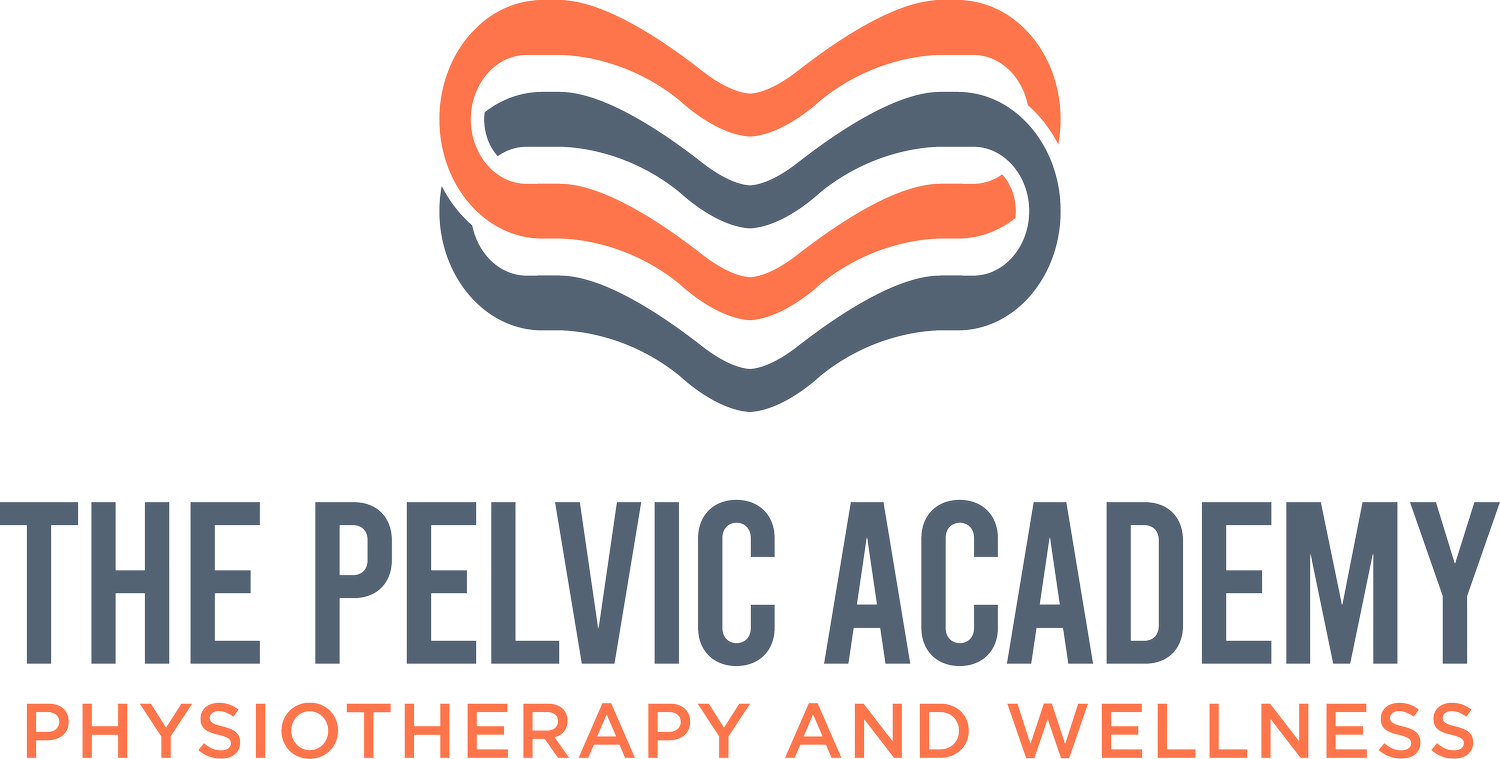Guest Blog: Empowering Women's Health - The Power of Collaboration Between Hypopressives, Physiotherapists and Osteopaths
In the realm of women's health there is a synergy emerging that brings newfound hope to those dealing with pelvic floor dysfunction. Physiotherapists and osteopaths who focus on women's health are increasingly recognising the potential of incorporating Low Pressure Fitness or Hypopressive exercises into their treatments. As this knowledge spreads it becomes evident that these techniques can greatly enhance the outcomes of pelvic floor therapy. The key to success lies in the efforts between these two approaches, which have the ability to bring positive changes, even to long standing issues.
When women seek assistance from physiotherapists or osteopaths in women's health they embark on a journey towards addressing pelvic floor dysfunction. These trained professionals can identify problems, release tension patterns in the diaphragm and pelvic floor muscles and aid women in regaining control over their bodies.
Hypopressives then come into play, complementing and deepening the impact of these treatments. The unique breathing techniques and postural focus in Hypopressives further enhance the work done during treatment sessions. This combined approach not only accelerates the healing process but also maintains the benefits achieved in those sessions.
A Call to Action; Addressing Postpartum Symptoms
It is incredibly important to emphasise that women should never disregard any issues related to their pelvic floor. While conditions like Diastasis Recti, urinary incontinence and pelvic organ prolapse might be common they are not considered normal. It is crucial for women to understand that these conditions can improve or even be completely resolved with treatment and the help of Hypopressives.
Irrespective of a woman’s chosen method of delivery it is recommended that all postpartum women undergo an assessment of their pelvic floor health. This assessment provides insights into the function of their pelvic floor and helps identify any issues that require attention. Postpartum care should never be overlooked as it plays a major role in ensuring long term health and well-being.
The collaboration between women's health physiotherapists, osteopaths and Hypopressives offers a powerful approach to addressing pelvic floor dysfunction. The combination of professional expertise and specialised exercises can make a world of difference for women experiencing postpartum symptoms. The message is clear: your pelvic floor health matters. Don't ignore the symptoms; seek the help you need to live your best, most functional life.
This article was written by Simone Muller of re-centre - an online video subscription platform focusing on using Hypopressives to support postnatal pelvic floor rehabilitation.


